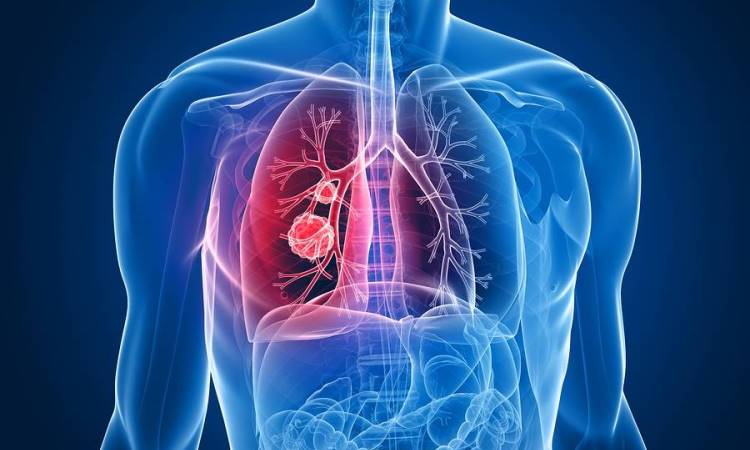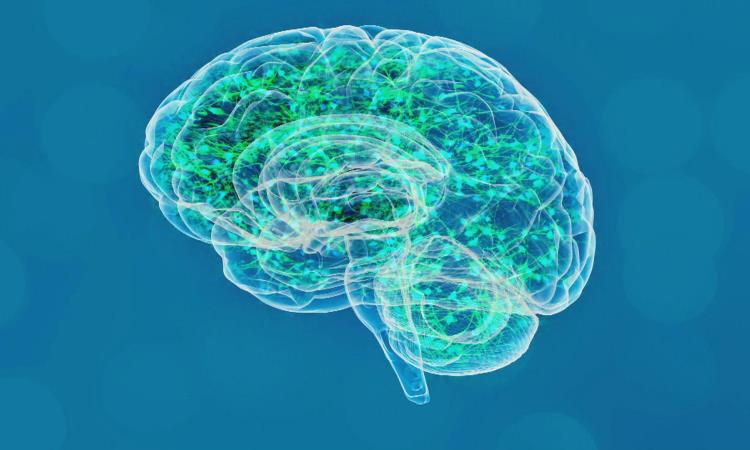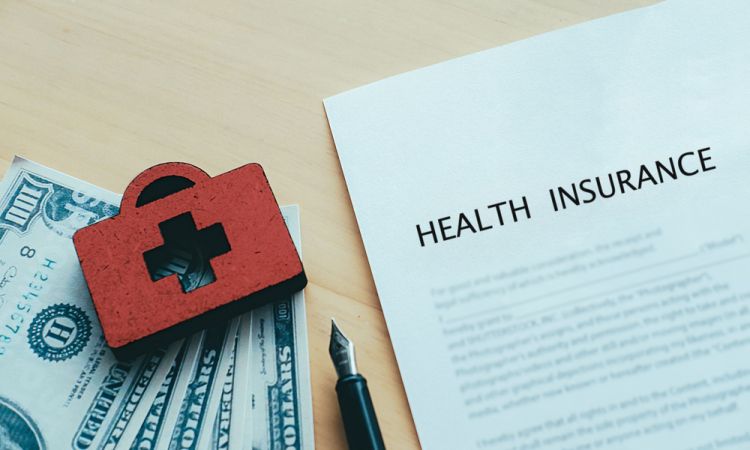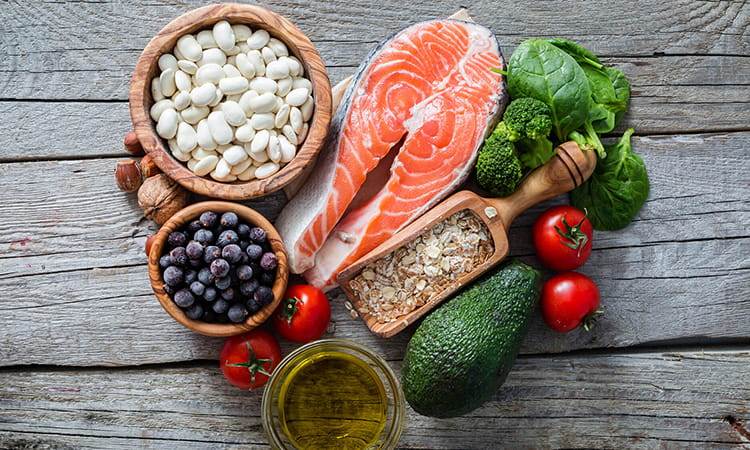Why Diets Suck, Part Four: The Atkins Diet

So far in our search for a healthy diet, we’ve looked at raw food veganism and the Pritikin program. Next up: the diet that was greatly in vogue in the 1980′s and ’90s, and still hangs around despite its many problems.
Known alternatively as a “high protein” or “low carb” diet, the Atkins diet has persisted for years, gaining more and more popularity with time. If you have never tried the diet, you most certainly know someone who has.
I have to admit that the “new” Atkins diet that came out a few years ago is a far sight healthier than the original one. The basic premise of the diet is that, if you avoid all high-carb foods, such as fruit, grain-based foods (such as bread and cake) and potatoes, you will lose weight.
The first edition of Dr. Atkins’ book was that basic. Eat eggs, meat, and cheese all day, and avoid everything else, and weight loss will soon follow. No calorie counting required.
In the most recent edition, Atkins clarifies that vegetables are a necessary carb that won’t promote weight gain, and includes them much more liberally in his eating plan than he did previously.
But does the addition of vegetables make the Atkins diet truly healthful?
How the Atkins diet fails
In reality, this diet has several serious problems:
- Excessive protein consumption causes ketosis. Ketosis happens when the body doesn’t have enough glucose to get the energy it needs. So it converts fats to energy, a byproduct of which are ketone bodies. Suffice it to say that ketone bodies are a kind of toxin not normally found in the body.
In his latest book, Atkins claims that studies have shown that ketone bodies really don’t cause any kind of problem. Maybe that’s true, maybe not. However, people with certain pre-existing conditions like diabetes can be poisoned by ketone bodies.
My question is, if it’s not good for sick people, can it be completely harmless for well people?
- The diet doesn’t differentiate between fats. Atkins says that “the basis of the metabolic disturbance in obesity doesn’t have to do with the fat you eat.” If he would have said, “doesn’t have to do with the saturated or raw mono- and poly-unsaturated fat you eat,” I may be more inclined to agree with the statement.
However, nutritional research has shown that many (most?) kinds of fats, when subjected to high heat, do cause weight gain (as well as disease). Of course you’ve heard about the danger of trans fats, which are fats that have been hydrogenated. No self-respecting scientist today will tell you that consuming trans fats (which would be found in the Atkins diet in nuts roasted in vegetable oil) does not contribute to weight gain.
- The success of the diet depends on following twelve rules. Rules are exactly what we don’t want in developing healthy eating habits. Yet, Atkins says, “I want you to memorize [these]…twelve rules as though your life depends upon it.”
- Atkins speaks out of both sides of his mouth regarding the weight loss issue. At the beginning of the book, he practically guarantees that you will lose weight on the diet. Later on, he says that you may at some point (and who knows which point) stop losing weight before you get to your goal.
His reasoning? Either you’re not following the twelve rules to a tee, or your body just refuses to cooperate with your desire. He doesn’t offer much explanation for the latter point, other than to say that everyone is unique.
Either way, he all but admits that the diet may not give everyone the results they were after when they started. Indeed, I have heard that few people have lost any significant weight on this diet, despite following the rules. Mainly, because calories do count.
- The diet allows for some processed food, including sugar substitutes. Um, I thought we were trying to get thin here. Studies have shown that people drinking sodas with artificial sweeteners gain more weight than those drinking sodas with sugar.
- The diet does not differentiate between raw versus cooked food. Raw foods are vital to good nutrition, as they still contain all their enzymes and nutrients. Cooking destroys all the enzymes, which assist our digestion and generally support the health of our bodies. Cooking foods on high heat also kills and a large amount of their vitamins.
Atkins gives a nod to raw vegetables by including “small” salads with lunch and dinner. Other than that, the importance of eating raw foods seems to elude him. There is no discussion of the fact that the fat in roasted nuts is the kind that can lead to clogged arteries and heart attacks, while the fat in raw nuts is actually good for the body and conducive to weight loss.

He does not encourage the consumption of cheese made from raw milk over cheese made from pasteurized milk. He does not even touch on the fact that the traditional societies around the globe that consume a high-protein diet and stay thin and disease-free eat their animal products, including meat, raw.
- The diet does not differentiate between factory farm meats and “clean” meats (such as grass fed beef, free-range chickens, etc.). Conventional meat comes from animals that are forced to live in small quarters under unnatural circumstances and eat unnatural food.
To keep them from getting sick due to the unnatural diet, they are injected with antiobiotics. They are also artificially given steroids to make them unnaturally larger and/or fatter.
Despite the antiobiotics, those poor animals die of cancer, infections, and other painful diseases.
And end up on your dinner plate.
Yes, the disease and drug toxins do get transferred into your body. No matter how well you cook the meat. But the “healthy” Atkins diet does not even begin to address that fact.
- The Atkins diet is severely lacking in antioxidant-rich fruits. As a matter of fact, you can’t eat a fruit unless it’s a berry. Never mind the vast array of nutrients and cancer-preventing antioxidants you get when you include a variety of fruits, such as apples, peaches and melons in your diet.
Too much sugar—even natural sugar, like the fructose in fruits—can be detrimental to your health and impede needed weight loss. However, many people consume several servings of non-berry fruits per day and remain in excellent health.
- The diet ignores the fact that individual bodies have different nutritional needs. Some people, like me, don’t do well with a lot of grains. Others don’t digest red meat well. Many Americans cannot tolerate pasteurized milk.
Whew! After reading all that, you might wonder if the Atkins Diet has any redeeming qualities. It does, but—in my opinion—not many.
Where the Atkins Diet triumphs
- Atkins does admit that each of us has a unique body, and that not every body will conform to the medical height/weight chart, no matter how hard the owner of the body tries.
- In the restricting of carbohydrates, Dr. Atkins does restrict most processed food, which is one of the leading causes of America’s skyrocketing disease rate.
- He insists that his readers get on an exercise program, because it is critical to health.
- The Atkins Diet does not leave you feeling deprived or hungry.
The Atkins Diet take-away
Cutting refined foods out of your diet does a lot for you in the way of health and healthy weight maintenance. But as for counting on his regimen as a healthy diet, one that will provide all your nutritional needs and help you lose weight, forget it.






